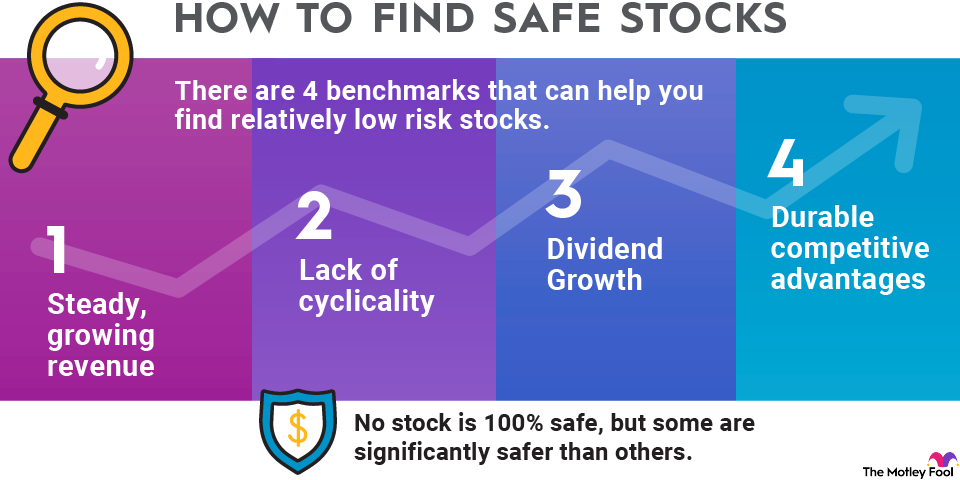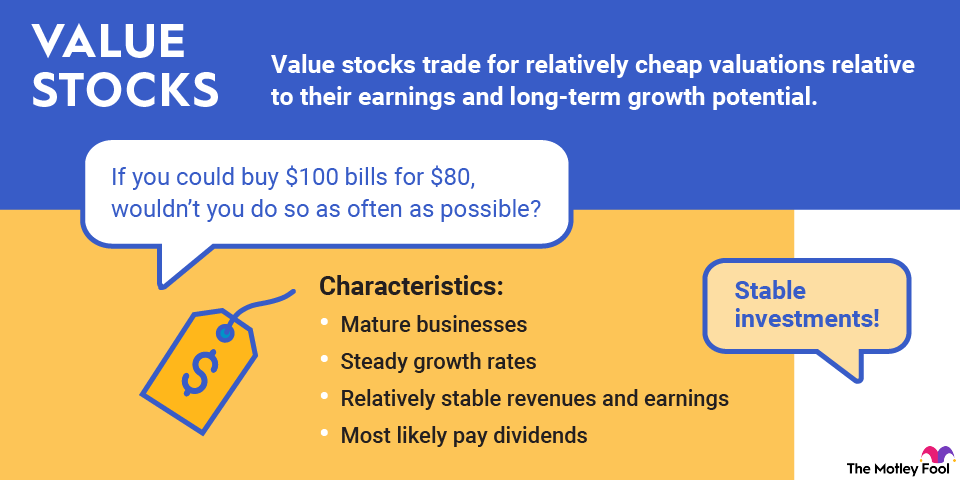Common stock represents partial ownership in a company and is the type of stock most people buy. It comes with voting rights, as well as the possibility of dividends and capital appreciation. You can find information about a company's common stock in its balance sheet.
What are common stocks?
Simply put, each share of common stock represents a share of ownership in a company. If a company does well or the value of its assets increases, common stock can appreciate in value.
On the other hand, if a company is doing poorly, common stock can decrease in value.
Shares of common stock allow investors to share in a company's success over time, which is why they can make excellent long-term investments.
In general, common stock entitles the holder to vote for corporate directors and to vote on policy changes and stock splits. There are a few exceptions to this rule, but in most cases, you'll have voting rights.
Some companies distribute some of their profits to common stockholders as dividends, and each common stockholder is entitled to a proportional share. But this isn't a requirement.
Common stock vs. preferred stock
The other primary type of stock is called preferred stock and works a bit differently. The main difference is that preferred stock has a fixed, guaranteed dividend, while ordinary stock dividends can change over time or even be discontinued.
For this reason, the share prices of preferred stocks generally don't fluctuate as much as common stock.
Advantages and disadvantages of common stocks
Advantages of common stock investing
- Common stocks have massive potential for long-term gains.
- Common stocks can allow you to create a diversified investment portfolio.
- Many common stocks pay dividends.
- Common stock dividends can grow over time.
- Common stockholders usually have the right to vote at annual meetings.
- Common stocks are highly liquid investments and can be readily bought or sold.
Disadvantages
- Common stocks can be rather volatile investments over short periods.
- Common stockholders are also last in line when things go bad.
- In the event of bankruptcy, holders of common stock have the lowest priority claim on a company's assets and are behind secured creditors such as banks.
Factors to consider when investing in common stocks
Stock analysis is far too complex to thoroughly explain here, but there are some important things investors should keep in mind as they choose common stocks for their portfolios.
Just to name a few:
- What are your long-term investing goals? Do you want slow and steady returns, or do you have the patience to allow a company's growth to play out?
- Have the company's earnings and revenue been trending in the right direction? Reading the company's recent quarterly earnings reports can provide valuable insights into this and other financial metrics.
- If income is a priority, does the company have a strong track record of increasing its dividend over time?
- What is the competitive landscape in the company's industry? Is it an industry leader, or is it attempting to disrupt the industry leaders?
How to invest in common stocks
The procedure for investing in common stocks is straightforward. Here are the basic steps:
- Open your brokerage app: Log in to your brokerage account where you manage your investments.
- Search for the stock: Enter the ticker or company name into the search bar to bring up the stock's trading page.
- Decide how many shares to buy: Consider your investment goals and how much of your portfolio you want to allocate to this stock.
- Select order type: Choose between a market order to buy at the current price or a limit order to specify the maximum price you're willing to pay.
- Submit your order: Confirm the details and submit your buy order.
- Review your purchase: Check your portfolio to ensure your order was filled as expected and adjust your investment strategy accordingly.
Common stock on a balance sheet
Equity is the value of what the stockholders own. On a company's balance sheet, common stock is recorded in the "stockholders' equity" section. This is where investors can determine the book value, or net worth, of their shares, which equals the company's assets minus its liabilities.
The main point to remember is that total stockholders' equity equals the book value of the stock, but that doesn't necessarily mean the stock trades for that amount. Rapidly growing companies may trade for several times their book value, while riskier or struggling companies may trade at a discount.
The bottom line
When buying a stock, investors don't have to wonder exactly what type of stock it is. Common stock is the default. Preferred stock will indicate in the name that the shares are preferred. Common stock is called common for a reason.


















